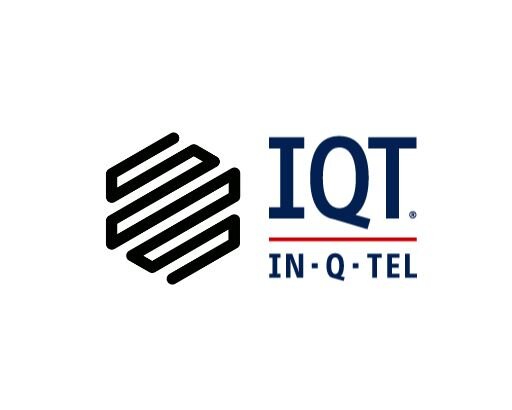
Markforged just received an investment from an unusual investor.
The unspecified investment was made by In-Q-Tel.
Who Is In-Q-Tel?
I first wrote about In-Q-Tel some five years ago, when I noticed they were making a series of investments in 3D printing technologies.
They are an independent non-profit investment organization that serves the US intelligence community as a whole. It might be viewed as a kind of venture capital operation for spies, although it is apparently at arm’s length from the intelligence operations themselves. However, funding does come from intelligence agencies, such as the CIA.
While In-Q-Tel has made many investments in a wide array of disciplines, they have made investments in 3D printing and related firms. These include:
-
Fuel3D
-
Voxel8
-
Keyhole (Later Google Earth)
-
Oculis Labs
-
A4Vision
-
zSpace
And there are many others that cannot be disclosed. It’s quite fascinating to walk through the list of In-Q-Tel investments to see what sort of technology world the intelligence community wishes to support.
Now they are also supporting Markforged. Markforged says:
“Markforged, the leading provider of metal and carbon fiber 3D printers, today announced a strategic investment agreement with In-Q-Tel, Inc. (IQT), the not-for-profit strategic investor that identifies and accelerates the development and delivery of cutting-edge technologies to support the mission of the U.S. government agencies that keep our nation safe.”
In-Q-Tel Chooses Markforged
I’m wondering why In-Q-Tel chose Markforged for this investment, as there are dozens of other 3D printing companies of similar interest. One factor might be they are seeking a particular capability.
A look through their prior investments often shows companies that have a unique feature under development, and perhaps that is something of interest to In-Q-Tel. But what could Markforged’s be?
My suspicion is that it could be Markforged’s near-unique ability to 3D print continuous carbon fiber objects, in spite of their recent push towards inexpensive metal 3D printing. There are plenty of lower cost metal 3D printing options today, so I don’t see a particularly outstanding reason why Markforged would be selected. However, Markforged does have uniqueness in continuous carbon fiber 3D printing.
Continuous Carbon Fiber 3D Printing
Continuous carbon fiber 3D printing is a very powerful technology because it can produce parts that are almost as strong as metal parts, yet are significantly lighter weight. While these CCF parts may not have quite the thermal or chemical resistance of metal parts, they can be extremely useful in specific applications.
One application that may be at play here is drone construction, which could surely benefit from stronger and lightweight parts, exactly what can be made on Markforged equipment.
Other Continuous Carbon Fiber 3D Printers
There’s one other twist here.
Markforged is certainly the leader of the very few companies that can 3D print continuous carbon fiber objects, but there are a few other companies that can also achieve this capability. However, they are all small at this stage.
Except, perhaps, for one: Anisoprint. This company is also able to 3D print continuous carbon fiber objects and has recently been growing strongly. They are currently working on a high temperature continuous carbon fiber machine, something I have not yet seen from Markforged.
The twist is this: Anisoprint is a Russian company, but based in Luxembourg. Isn’t that interesting?
Via Markforged

